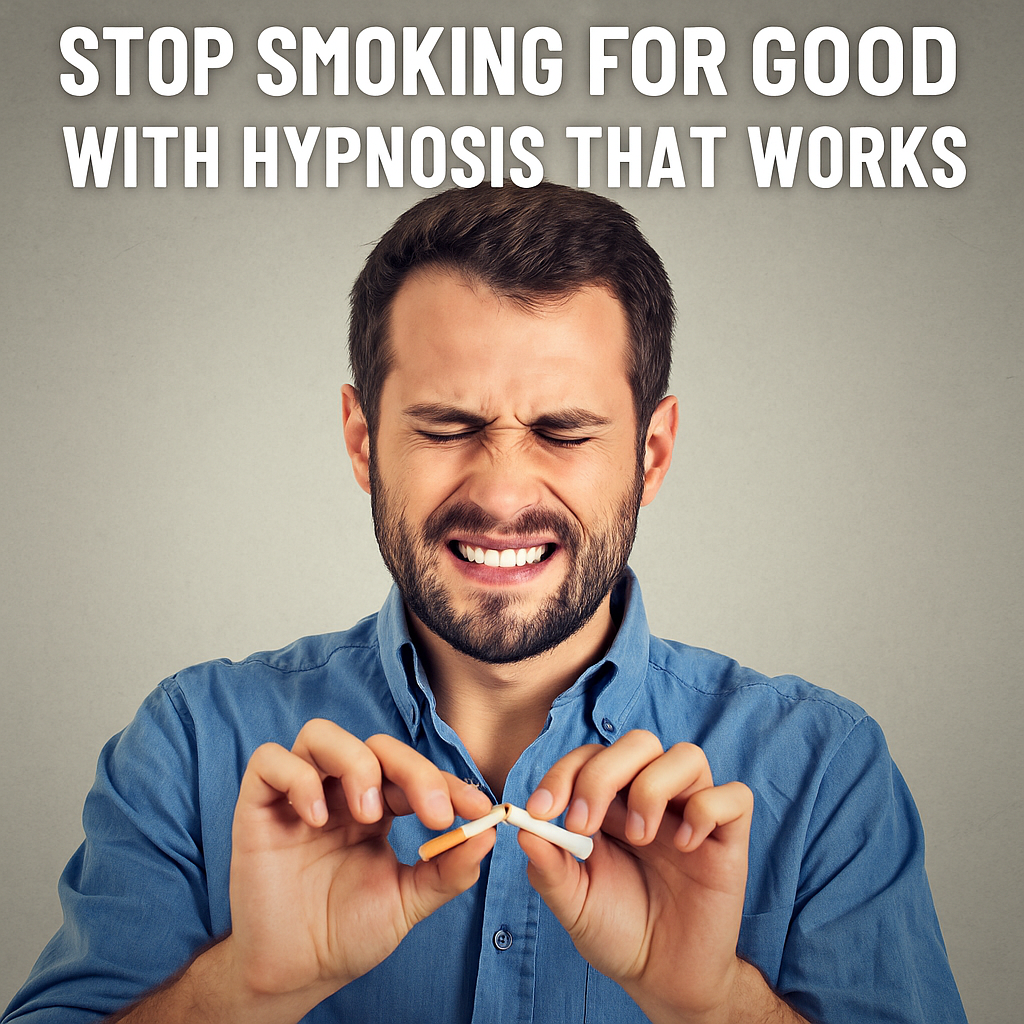Navigating Hypnosis License Requirements: Your Path to Empowering Others
Embarking on the journey to become a licensed hypnotherapist is an exciting and rewarding endeavor, offering the opportunity to make a meaningful difference in the lives of individuals struggling with anxiety and other challenges.
In this comprehensive guide, we’ll explore the essential steps and requirements for obtaining a hypnosis license, shedding light on the path to becoming a certified professional in the field of hypnotherapy. Whether you’re a newcomer to the world of hypnosis or a seasoned practitioner seeking formal recognition, this article will provide valuable insights and practical advice to help you navigate the licensing process with confidence.
Hypnosis license requirements vary from state to state and country to country, but there are several common elements that aspiring hypnotherapists must typically fulfill to obtain licensure:
- Education and Training: Most jurisdictions require completion of a comprehensive hypnotherapy training program from an accredited institution. These programs typically cover topics such as hypnosis theory, induction techniques, therapeutic applications, and ethical considerations. The length and structure of these programs may vary, but they often consist of a specified number of classroom hours, supervised practice sessions, and practical experience.
- Supervised Experience: Many licensing boards require candidates to complete a certain number of supervised clinical hours under the guidance of a licensed hypnotherapist or healthcare professional. This hands-on experience allows aspiring hypnotherapists to apply their skills in real-world settings and gain valuable practical knowledge.
- Examination: In some jurisdictions, candidates must pass a written examination to demonstrate their knowledge and competency in hypnotherapy. These examinations may cover a wide range of topics, including hypnosis theory, therapeutic techniques, ethical standards, and legal regulations.
- Ethical Standards: Ethical considerations are paramount in the practice of hypnotherapy, and most licensing boards require candidates to adhere to strict ethical guidelines and codes of conduct. This includes respecting client confidentiality, obtaining informed consent, and maintaining professional boundaries at all times.
- Continuing Education: Once licensed, hypnotherapists are often required to engage in ongoing professional development and continuing education to maintain their licensure. This may involve attending workshops, seminars, or conferences, as well as completing additional coursework or training programs.

The One Belief Away Hypnosis Method and Certification
offers aspiring hypnotherapists a comprehensive and evidence-based approach to hypnosis licensure. Developed by leading experts in the field, this innovative method integrates traditional hypnosis techniques with modern therapeutic approaches to address anxiety and other mental health concerns.
Hypnosis Method and Certification
offers aspiring hypnotherapists a comprehensive and evidence-based approach to hypnosis licensure. Developed by leading experts in the field, this innovative method integrates traditional hypnosis techniques with modern therapeutic approaches to address anxiety and other mental health concerns.
Key Features of the One Belief Away Hypnosis Method and Certification:
Hypnosis Method and Certification:
- Comprehensive Curriculum: The certification program covers all essential aspects of hypnotherapy licensure, including hypnosis theory, practical techniques, ethical considerations, and legal regulations.
- Practical Application: Participants receive hands-on training and supervised clinical experience to apply hypnosis techniques effectively in therapeutic settings, ensuring optimal client outcomes.
- Ongoing Support: The program provides continuous support and mentorship from experienced hypnotherapy professionals, fostering a supportive learning environment and facilitating professional growth.
- Ethical Guidelines: The One Belief Away
 Method emphasizes ethical standards and best practices in hypnotherapy, equipping practitioners with the knowledge and skills to provide ethical and client-centered care.
Method emphasizes ethical standards and best practices in hypnotherapy, equipping practitioners with the knowledge and skills to provide ethical and client-centered care. - Evidence-Based Approach: Grounded in scientific research and clinical evidence, the One Belief Away
 Hypnosis Method is backed by decades of experience and success in helping individuals overcome anxiety and achieve lasting change.
Hypnosis Method is backed by decades of experience and success in helping individuals overcome anxiety and achieve lasting change.
Obtaining a hypnosis license is a significant milestone in the journey toward becoming a certified hypnotherapist. By understanding and fulfilling the necessary requirements, aspiring hypnotherapists can embark on a fulfilling career path dedicated to empowering others and promoting mental health and well-being. Consider exploring certification programs such as the One Belief Away Hypnosis Method and Certification to achieve your goal of becoming a licensed hypnotherapist and making a positive impact on the lives of others.
Hypnosis Method and Certification to achieve your goal of becoming a licensed hypnotherapist and making a positive impact on the lives of others.
For more information about the OBA Hypnosis Certification, please visit
www.obahypnosis.com
Hypnosis Certification, please visit
www.obahypnosis.com
The post Navigating Hypnosis License Requirements: Your Path to Empowering Others first appeared on Indy Hypnosis Center.



